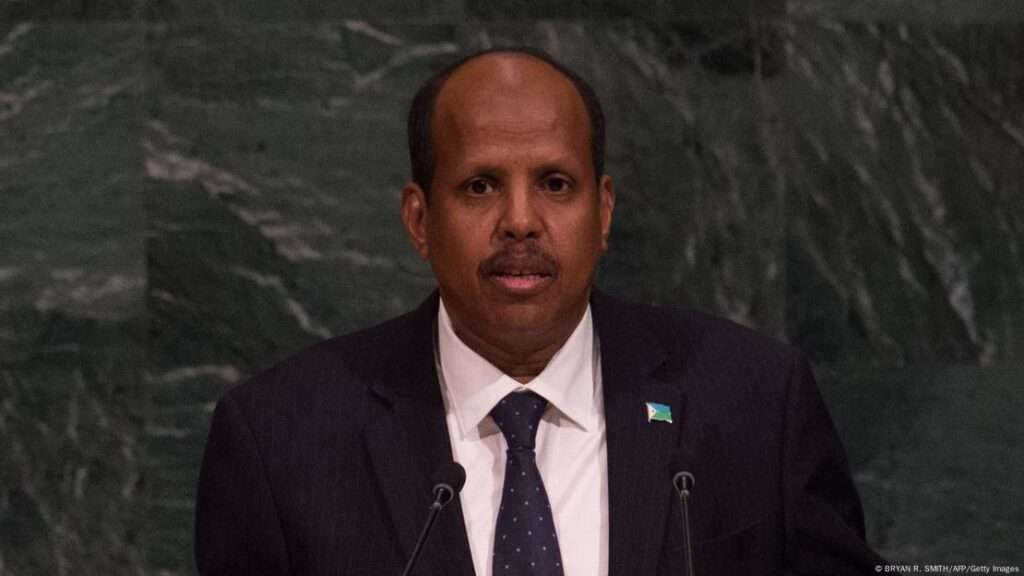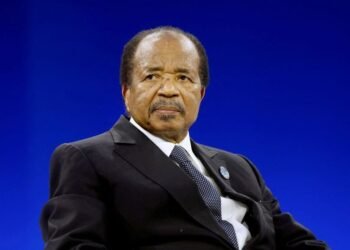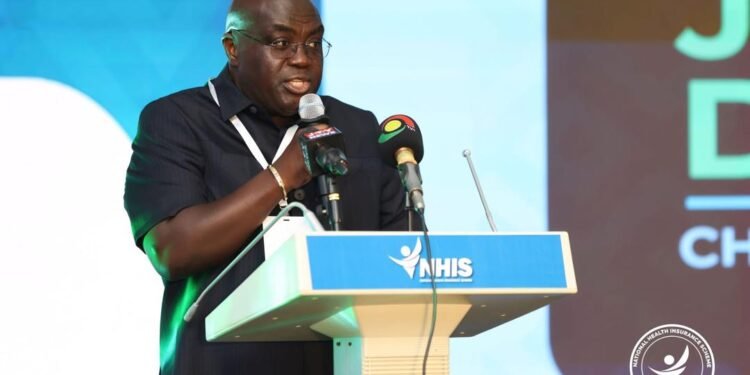The Chairperson of the African Union (AU) Commission, H.E. Mahmoud Ali Youssouf, has welcomed the newly unveiled United Nations Roadmap for Libya, presented to the UN Security Council by Hanna Tetteh, Special Representative of the Secretary General (SRSG) and Head of the United Nations Support Mission in Libya (UNSMIL).
The Roadmap outlines a framework for resolving Libya’s long-standing crisis through a political process that encompasses the unification of institutions, the conduct of national elections, and the initiation of a structured and inclusive dialogue.
Youssouf called on all Libyan stakeholders to actively participate in good faith in the national dialogue and reconciliation process. He noted that only through genuine commitment could Libya move closer to a peaceful resolution of the conflict.
He further highlighted the importance of coordination among regional, continental, and international actors to ensure the necessary political and technical support for the effective implementation of the Roadmap.

The AU Chairperson reaffirmed the Union’s commitment to supporting Libyans in their quest to silence the guns, restore peace, and resume dialogue. He also commended the continuous efforts of the AU High-Level Committee on Libya, chaired by H.E. Denis Sassou Nguesso, President of the Republic of Congo, which has been at the forefront of reconciliation initiatives.
AU Reaffirms Role In Peace Efforts
The African Union has consistently maintained its role as a critical partner in efforts to resolve Libya’s conflict. Through a multifaceted approach, the AU has supported political dialogue, national reconciliation, and cooperation with regional and global stakeholders.
As part of the Libya Quartet, which also includes the UN, European Union, and League of Arab States, the AU has played a coordinating role in stabilizing Libya. One of its landmark initiatives was facilitating the signing of the Charter for Peace and National Reconciliation by Libyan actors, although some key political figures abstained from the process.
The AU Peace and Security Council (PSC) frequently convenes at the highest levels to assess developments in Libya. During these meetings, the PSC has consistently urged Libyan leaders to demonstrate statesmanship and compromise in order to break the political deadlock and move the country towards sustainable peace.
The African Union has aligned itself with the UN-led political roadmap that prioritizes unifying Libya’s national institutions and organizing long-delayed elections. Beyond elections, the AU has also stressed the importance of an unconditional ceasefire, the integration of various armed groups into a single national security structure, and the disarmament and reintegration of fighters into civilian life.
Despite obstacles posed by external interference and deep internal divisions, the African Union has remained firm in advocating for a Libyan-led resolution. The AU continues to stress the principles of sovereignty, justice, and inclusivity, emphasizing that peace in Libya must be built on the participation of all communities.
By maintaining this commitment, the AU not only reaffirms its dedication to Libya but also demonstrates its wider mission of safeguarding peace and stability across Africa. Youssouf summarized this vision by reaffirming “total support for the implementation of the UN Roadmap in the fulfillment of the restoration of peace and stability in Libya.”
READ ALSO: Police Must Ensure Safe Voting in Akwatia – Security Consultant























